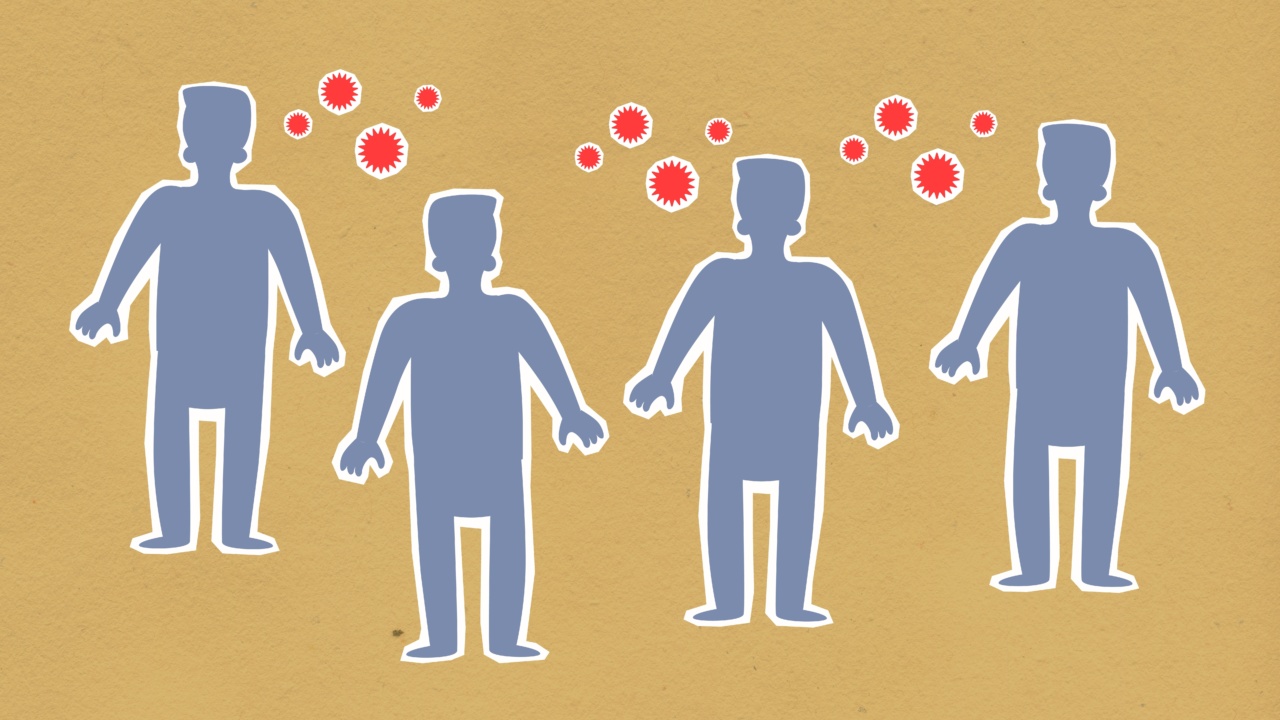The influenza epidemic, also known as the flu, has been spreading across the United States for the past several months.
The Centers for Disease Control and Prevention (CDC) has designated the outbreak as “widespread,” meaning it has affected people in more than half of the country.
What is the Influenza Virus?
The influenza virus is a contagious respiratory illness that can cause mild to severe symptoms.
Some people, such as the elderly, young children, and those with weakened immune systems, are at a higher risk of developing severe complications from the flu.
How is the Influenza Virus Spread?
The flu virus is spread through respiratory droplets when an infected person talks, coughs, or sneezes. These droplets can land on surfaces and objects, where they can live for several hours.
If another person touches the contaminated surface and then touches their mouth or nose, they can become infected with the flu virus.
What are the Symptoms of the Flu?
Common symptoms of the flu include:.
- Fever
- Cough
- Sore throat
- Runny or stuffy nose
- Muscle aches
- Headache
- Fatigue
In some cases, people with the flu may also experience vomiting and diarrhea.
Preventing the Spread of the Flu
There are several steps you can take to prevent the spread of the flu:.
- Get vaccinated. The flu vaccine is the best way to prevent the flu.
- Wash your hands frequently with soap and water. If soap and water are not available, use an alcohol-based hand sanitizer.
- Cover your mouth and nose when you cough or sneeze, and dispose of tissues properly.
- Avoid close contact with people who are sick.
- Stay home if you are sick.
What to Do if You Have the Flu
If you have the flu, it is important to take the following steps:.
- Stay home and avoid contact with other people.
- Drink plenty of fluids to stay hydrated.
- Maintain good hygiene practices, such as covering your mouth and nose when coughing or sneezing.
- Take over-the-counter medications, such as acetaminophen or ibuprofen, to reduce fever and relieve symptoms.
- If your symptoms worsen or you have difficulty breathing, seek medical attention.
Is it Too Late to Get Vaccinated?
It is never too late to get vaccinated for the flu. The flu season typically lasts until the spring, so getting vaccinated now can still offer protection against the virus.
Conclusion
The flu epidemic continues to spread across the country, but there are steps you can take to protect yourself and prevent the spread of the virus. If you have the flu, be sure to take care of yourself and seek medical attention if necessary.































